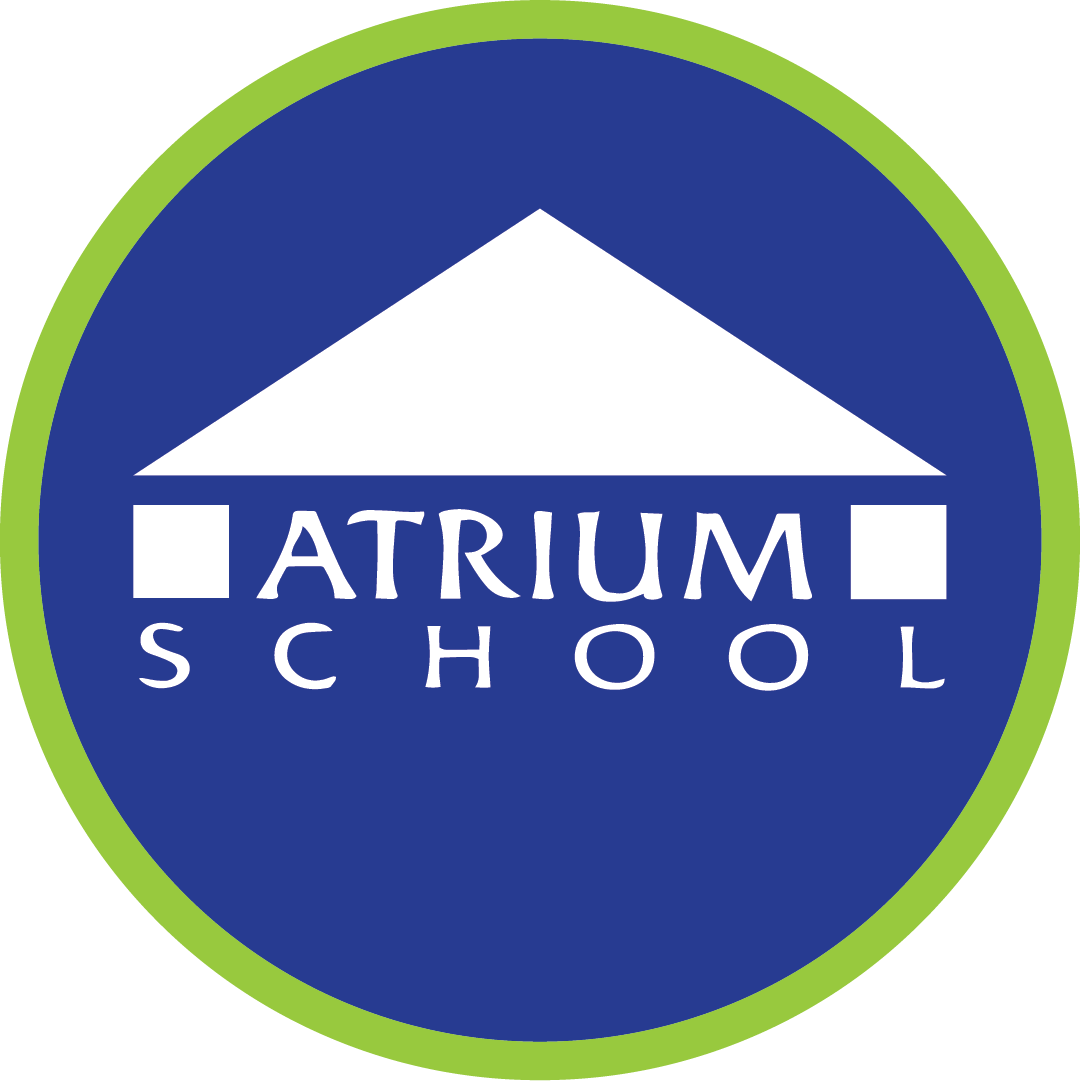Early Childhood (PreK – Grade 1)
Atrium Lower School is student-centered, experiential, and rooted in the belief that children learn best through active engagement, critical thinking, and collaborative experiences. Our program is designed to foster intellectual curiosity and creativity, and to support the development of students’ confidence in their identity and voice. Deep academic exploration is entwined with social-emotional learning to support the whole child within a tight-knit, multi-teacher classroom community. While students progress from Grade 2 through Grade 5, they continue to grow their sense of self, gaining awareness and understanding of their unique strengths and challenges. Students learn to work along their growing edges as they tackle increasingly more complex learning challenges. These years develop important skills, such as productive struggle, independence, and discourse, that set them up for middle school and beyond.
Building on the Foundations
Building on the essential experiences in Early Childhood, teachers plan learning moments and activities through a variety of hands-on, cooperative learning projects both in the classroom and outside of the school walls. Our Lower School literacy program involves discrete Readers and Writers workshops; similarly, math is taught in a workshop model using the Investigations math curriculum. Students are supported in developmentally appropriate learning through a thematic, multifaceted program that emphasizes both structure and choice in engaging learning opportunities. Our interdisciplinary focus enables all kinds of learners to develop skills and experience success in their academic pursuits.
Play-Based Curriculum
Play is recognized as a critical way for young children to make sense of the world, solve problems, and develop socially. Atrium’s early childhood grades use play to approach learning in all areas of the curriculum.
Project-Based and Experiential Learning
An exploration of nature permeates early childhood learning at Atrium. Beginning in PreK, students take frequent, regular walks to the nearby Mount Auburn Cemetery arboretum and utilize Atrium’s green campus to investigate the world around us. The early childhood themes explore change, adaptation, and the natural world through deep, meaningful projects and investigative field trips. Recent trips have included the Museum of Fine Arts, the Seacoast Science Center, and a multi-visit partnership with Waltham Fields Community Farm through the different seasons.
Social-Emotional Learning (SEL)
In Atrium’s early childhood classrooms, children develop self-awareness, self-regulation, and relational skills, which are foundational for success in and out of school. Social-emotional learning at Atrium is deliberately designed and integrated with the wider curriculum from the earliest age.
A Diverse and Inclusive Environment
Diversity and inclusion are critical pieces of learning at Atrium throughout the grades, and the early childhood education program is no exception. Our youngest learners are taught to value the wide range of perspectives, cultures, and experiences in our school community and the wider world, and the invaluable benefits that come from understanding and including those whose lives may be different from your own.
Family Engagement
Early childhood learning depends on close and trusting partnerships with parents and guardians. Collaboration with families is key to fostering a sense of community and understanding for our youngest learners on a deeper level. Teachers and families collaborate to identify and support the needs of our youngest learners as they prepare to become progressively more independent and autonomous in the elementary grades.
Collaborative Approach
Atrium’s early childhood program integrates arts, music, movement, literacy, math, and outdoor play into the daily routine, recognizing that learning is multi-dimensional and best nurtured through relevant, child-driven experiences. A close team of teachers and educational specialists collaborate to support all different types of learners, both individually and in groups. Collaboration is key to Atrium’s approach to early childhood education; students practice working together and sharing on a daily basis; early childhood learners spend time with buddies in the older grades who act as mentors and different-aged friends; and teachers model effective teamwork through intra- and cross-grade educator partnerships.





